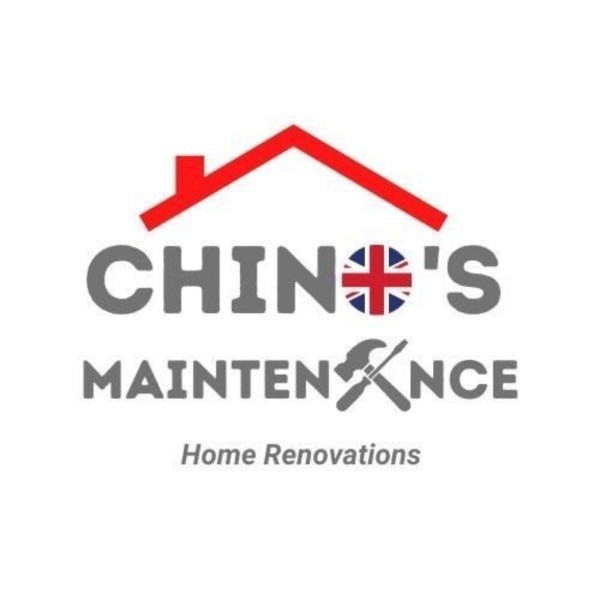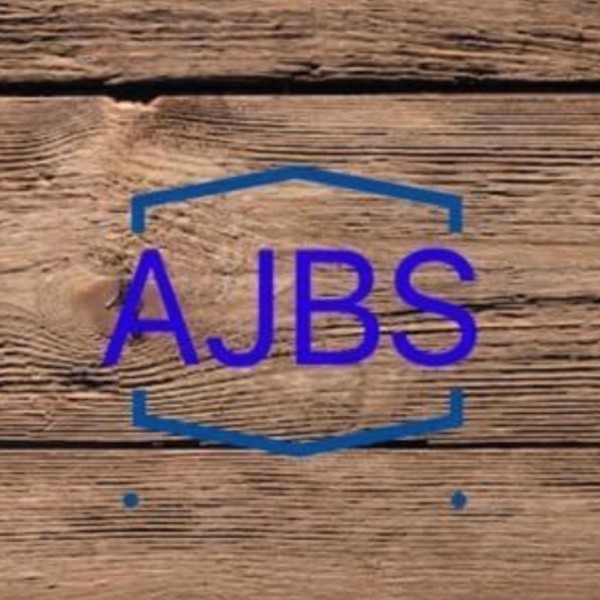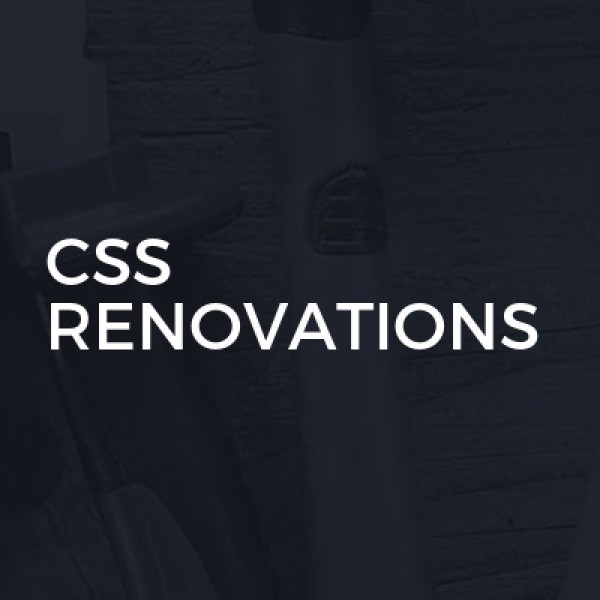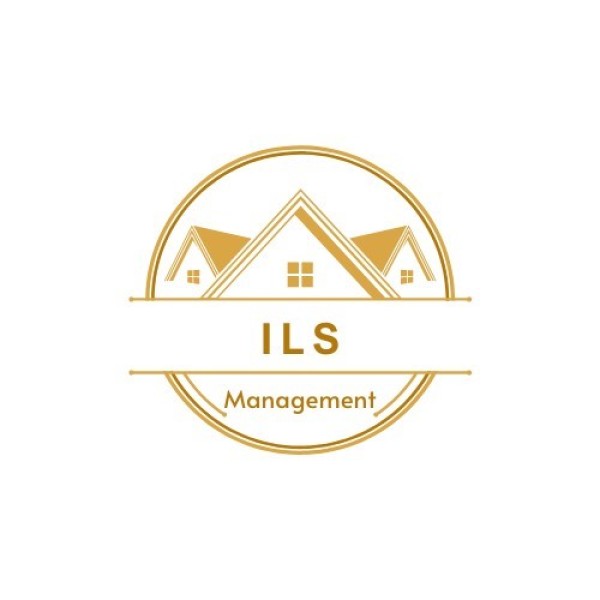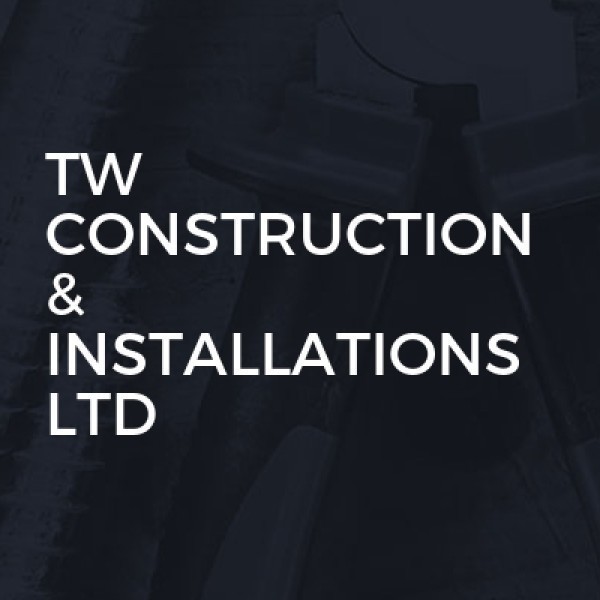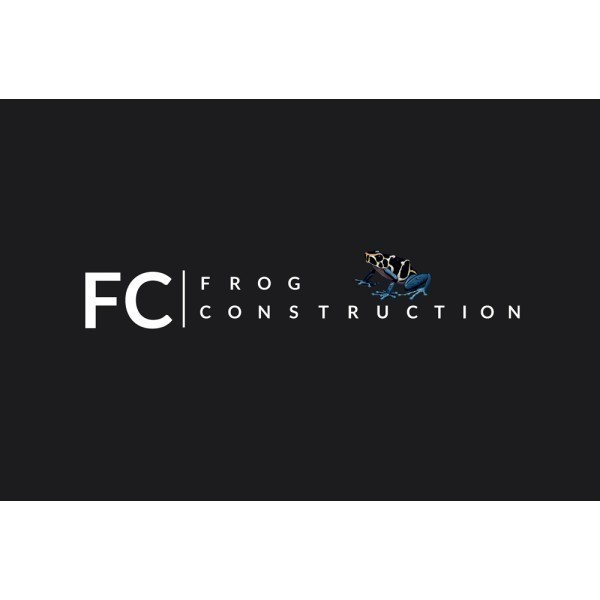Loft Conversions in Bury
Welcome to JMW Building Services NW Ltd, your go-to experts for all building needs in Bolton and across Greater Manchester. As a leading... read more »
Welcome to TKO Kitchens & Construction LTD, your go-to experts for all things construction in Peel Green and Gr... read more »
Welcome to Chinos Maintenance Ltd, your go-to experts for all building and refurbishment needs in Greater Manchester. Based in... read more »
AJBS: Your Trusted Tradespeople in Wigan and Greater Manchester
Welcome to AJBS, your go-to experts for all thin... read more »
Welcome to Dirossi Building Services, your premier choice for expert building solutions in Radcliffe and throughout Greater Manchester. A... read more »
Welcome to MH Developments NW LTD, your trusted partner for all building and renovation needs in Woodhouse Park and throughout Greater Ma... read more »
Via Roofing Ltd: Your Trusted Tradespeople in Greater Manchester
Welcome to Via Roofing Ltd, a reputable Brunswi... read more »
Welcome to G4 Builders, your go-to experts for all your building needs in Newall Green and the Greater Manchester area. Our team of skill... read more »
Welcome to ILS Management Ltd, your trusted partner for all your building and renovation needs in New Moston and across Greater Mancheste... read more »
Tw Construction & Installations Ltd is a reputable and trusted business located in the heart of Denton, offering a compr... read more »
Welcome to Bond Developments, your trusted partner for all your construction needs in Backbower and the Greater Manchester area. As a pre... read more »
Econoloft Ltd: Premier Loft Conversions in Greater Manchester
Welcome to Econoloft Ltd, your trusted partner for... read more »
Welcome to Frog Construction Ltd, your go-to experts for all things construction in Spotland Bridge and the Greater M... read more »
Next Gen Construction Ltd: Your Premier Tradespeople in Greater Manchester
Welcome to Next Gen Construction Ltd,... read more »
Welcome to Diamond Ridge Mcr Ltd, your trusted builders and renovation experts in Whalley Range, Greater Manchester. We are proud to offe... read more »
Welcome to Complete Carpentry and Construction Group Ltd, your go-to experts for all building and carpentry needs in Offerton Green and t... read more »
ASR Building Service UK Limited is a premier construction and renovation company based in the vibrant community of
Welcome to Kerikeri Ltd, your premier choice for building and renovation services in Hazel Grove and the Greater Manchester area. As a le... read more »
Welcome to Olliebrad Building Services, your go-to experts for all building needs in Hindley Green and the Greater Manchester area. Speci... read more »
Welcome to Shirzad Builder, your premier choice for builders, extension builders, roofers, and loft conversion specialists in Levenshulme... read more »
Search Loft Conversions in places nearby
- Loft Conversions in Abram
- Loft Conversions in Altrincham
- Loft Conversions in Ashton-in-Makerfield
- Loft Conversions in Ashton-Under-Lyne
- Loft Conversions in Atherton
- Loft Conversions in Bolton
- Loft Conversions in Bramhall
- Loft Conversions in Buckley
- Loft Conversions in Chadderton
- Loft Conversions in Cheadle
- Loft Conversions in Cheadle Hulme
- Loft Conversions in Denton
- Loft Conversions in Droylsden
- Loft Conversions in Dukinfield
- Loft Conversions in Eccles
- Loft Conversions in Failsworth
- Loft Conversions in Farnworth
- Loft Conversions in Gatley
- Loft Conversions in Golborne
- Loft Conversions in Hale
- Loft Conversions in Hazel Grove
- Loft Conversions in Heywood
- Loft Conversions in Hindley
- Loft Conversions in Horwich
- Loft Conversions in Hyde
- Loft Conversions in Ince in Makerfield
- Loft Conversions in Irlam
- Loft Conversions in Kearsley
- Loft Conversions in Leigh
- Loft Conversions in Littleborough
- Loft Conversions in Little Lever
- Loft Conversions in Manchester
- Loft Conversions in Marple
- Loft Conversions in Middleton
- Loft Conversions in Milnrow
- Loft Conversions in Mossley
- Loft Conversions in Oldham
- Loft Conversions in Pendlebury
- Loft Conversions in Prestwich
- Loft Conversions in Radcliffe
- Loft Conversions in Ramsbottom
- Loft Conversions in Rochdale
- Loft Conversions in Romiley
- Loft Conversions in Royton
- Loft Conversions in Sale
- Loft Conversions in Salford
- Loft Conversions in Shaw
- Loft Conversions in Stalybridge
- Loft Conversions in Standish
- Loft Conversions in Stockport
- Loft Conversions in Stretford
- Loft Conversions in Swinton
- Loft Conversions in Tyldesley
- Loft Conversions in Urmston
- Loft Conversions in Walkden
- Loft Conversions in Westhoughton
- Loft Conversions in Whitefield
- Loft Conversions in Wigan
- Loft Conversions in Worsley
Understanding Loft Conversions in Bury
Loft conversions in Bury have become increasingly popular as homeowners seek to maximise their living space without the hassle of moving. With the charm of Bury's historic architecture and the need for modern living solutions, converting a loft can be a brilliant way to add value and functionality to your home. This article explores the ins and outs of loft conversions, providing you with a comprehensive guide to transforming your attic space into a usable area.
The Benefits of Loft Conversions
Loft conversions offer a plethora of benefits, making them an attractive option for many homeowners. Firstly, they provide additional living space, which can be used for various purposes such as a bedroom, office, or playroom. This is particularly beneficial for growing families or those who work from home. Moreover, a well-executed loft conversion can significantly increase the value of your property, offering a high return on investment.
Another advantage is that loft conversions are generally less disruptive than other types of home extensions. Since the work is confined to the roof space, there's minimal impact on your daily life. Additionally, loft conversions often do not require planning permission, making the process quicker and easier.
Types of Loft Conversions
There are several types of loft conversions to consider, each with its own set of advantages. The most common types include:
- Dormer Loft Conversion: This involves extending the existing roof to create additional headroom and floor space. It's a popular choice due to its versatility and cost-effectiveness.
- Mansard Loft Conversion: Typically found in older properties, this type involves altering the roof structure to create a flat roof with a steep back wall. It's ideal for maximising space but can be more expensive.
- Hip to Gable Loft Conversion: Suitable for semi-detached or detached houses with a hipped roof, this conversion extends the sloping side of the roof to create a vertical wall, increasing the usable space.
- Velux Loft Conversion: The simplest and most cost-effective option, this conversion involves installing Velux windows into the existing roofline without altering the structure.
Planning Permission and Building Regulations
One of the first steps in planning a loft conversion is understanding the legal requirements. In many cases, loft conversions fall under permitted development rights, meaning you won't need planning permission. However, there are exceptions, especially if your property is in a conservation area or if the conversion involves significant structural changes.
Regardless of planning permission, all loft conversions must comply with building regulations. These regulations ensure that the conversion is structurally sound, safe, and energy-efficient. Key areas covered by building regulations include fire safety, insulation, and staircase design. It's crucial to work with a qualified architect or builder to ensure compliance.
Design Considerations for Loft Conversions
Designing a loft conversion requires careful planning to make the most of the available space. Considerations include:
- Layout: Plan the layout to maximise natural light and ensure easy access. Consider the placement of windows, doors, and stairs.
- Insulation: Proper insulation is essential for maintaining a comfortable temperature and reducing energy costs.
- Lighting: Incorporate a mix of natural and artificial lighting to create a bright and inviting space.
- Storage: Make use of built-in storage solutions to keep the space clutter-free.
Choosing the Right Contractor
Selecting a reliable contractor is crucial for a successful loft conversion. Look for contractors with experience in loft conversions and check their references and previous work. It's also important to obtain multiple quotes to ensure you're getting a fair price. A good contractor will provide a detailed plan and timeline for the project, keeping you informed every step of the way.
Cost of Loft Conversions in Bury
The cost of a loft conversion in Bury can vary widely depending on the type of conversion, the size of the space, and the quality of materials used. On average, a basic loft conversion can cost between £20,000 and £40,000. More complex conversions, such as a mansard or hip to gable, can cost upwards of £50,000. It's important to budget for additional costs such as planning fees, building regulations approval, and any unforeseen expenses.
Financing Your Loft Conversion
Financing a loft conversion can be a significant investment, but there are several options available to help manage the cost. Homeowners can consider remortgaging their property, taking out a home improvement loan, or using savings. It's advisable to consult with a financial advisor to determine the best financing option for your situation.
Maximising Space in Your Loft Conversion
Maximising space is key to a successful loft conversion. Consider using clever design techniques such as built-in furniture, multi-functional spaces, and open-plan layouts. Utilising vertical space with shelving and storage solutions can also help keep the area organised and spacious.
Common Challenges and Solutions
Loft conversions can present several challenges, but with careful planning, these can be overcome. Common issues include limited headroom, awkward layouts, and access difficulties. Solutions may involve structural alterations, creative design solutions, and the use of specialist contractors to address specific challenges.
Case Studies of Successful Loft Conversions in Bury
Examining case studies of successful loft conversions can provide inspiration and insight into the process. For example, a family in Bury transformed their unused attic into a stunning master suite with an en-suite bathroom, adding significant value to their home. Another homeowner converted their loft into a bright and airy home office, perfect for remote working.
Environmental Considerations
With growing awareness of environmental issues, many homeowners are seeking eco-friendly loft conversion solutions. This can include using sustainable materials, installing energy-efficient windows, and incorporating renewable energy sources such as solar panels. An environmentally conscious loft conversion not only benefits the planet but can also reduce energy bills and increase the property's value.
FAQs About Loft Conversions in Bury
- Do I need planning permission for a loft conversion in Bury? In most cases, loft conversions are covered by permitted development rights, but it's always best to check with your local council.
- How long does a loft conversion take? The duration can vary, but most loft conversions take between 6 to 12 weeks to complete.
- Will a loft conversion add value to my home? Yes, a loft conversion can significantly increase the value of your property, often by more than the cost of the conversion itself.
- Can all lofts be converted? Most lofts can be converted, but it's important to assess the structural integrity and headroom before proceeding.
- What is the best type of loft conversion? The best type depends on your specific needs, budget, and the existing structure of your home.
- How can I ensure my loft conversion is energy-efficient? Use high-quality insulation, energy-efficient windows, and consider renewable energy options.
Future Trends in Loft Conversions
As the demand for loft conversions continues to grow, several trends are emerging. These include the use of smart home technology, minimalist design, and the incorporation of biophilic elements such as plants and natural materials. These trends reflect a desire for functional, sustainable, and aesthetically pleasing living spaces.
Final Thoughts on Loft Conversions in Bury
Loft conversions in Bury offer a fantastic opportunity to enhance your home, providing additional space and increasing property value. With careful planning, a clear understanding of the process, and the right team of professionals, you can transform your loft into a beautiful and functional space that meets your needs and complements your lifestyle. Whether you're looking to create a new bedroom, office, or leisure area, a loft conversion can be a rewarding investment in your home's future.
Send a message




